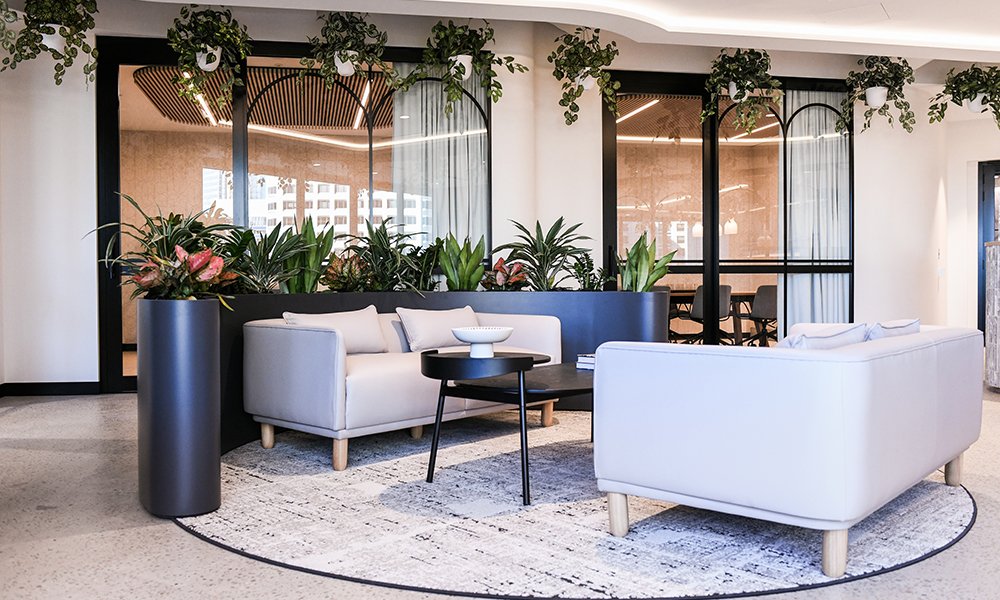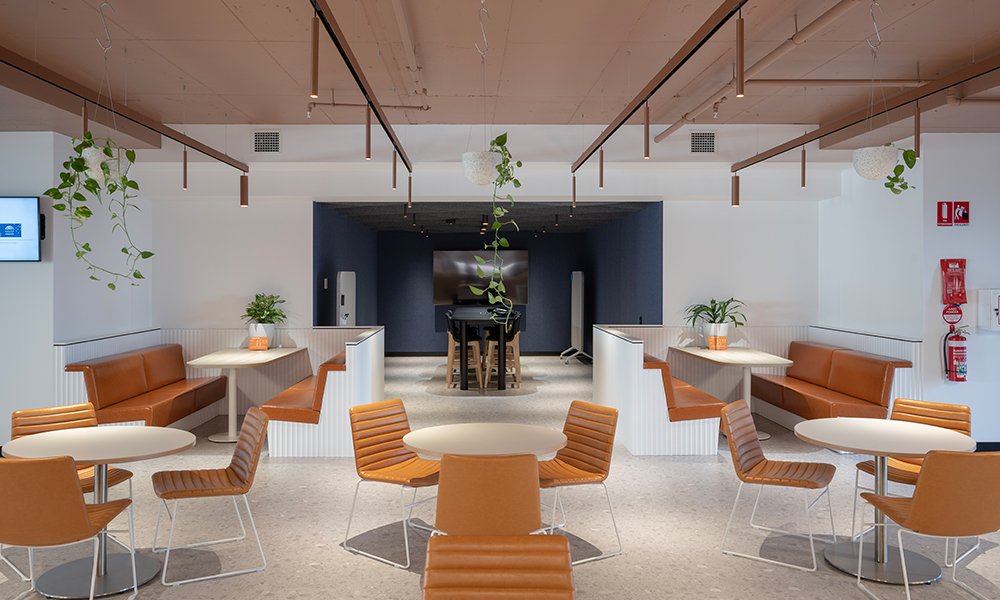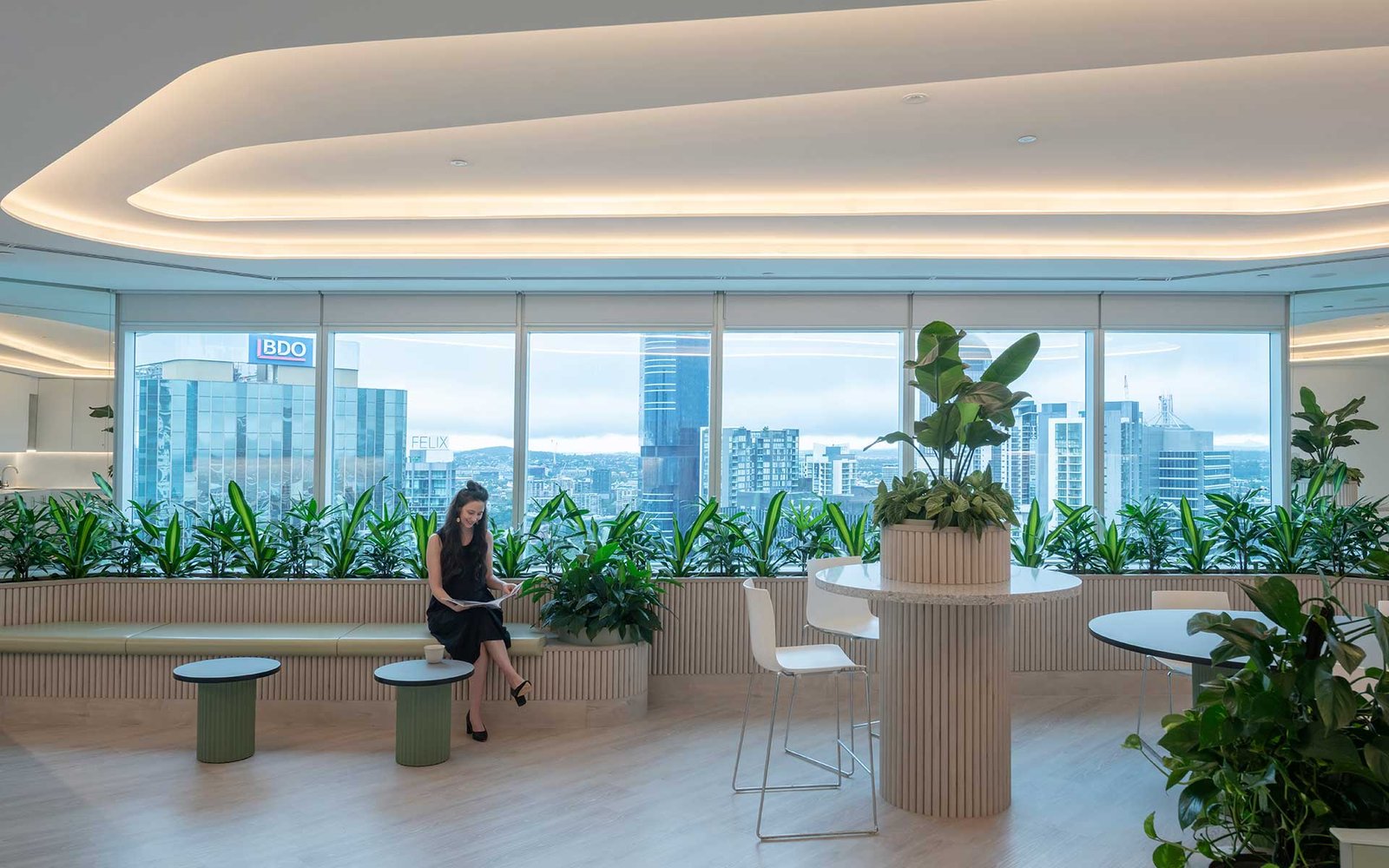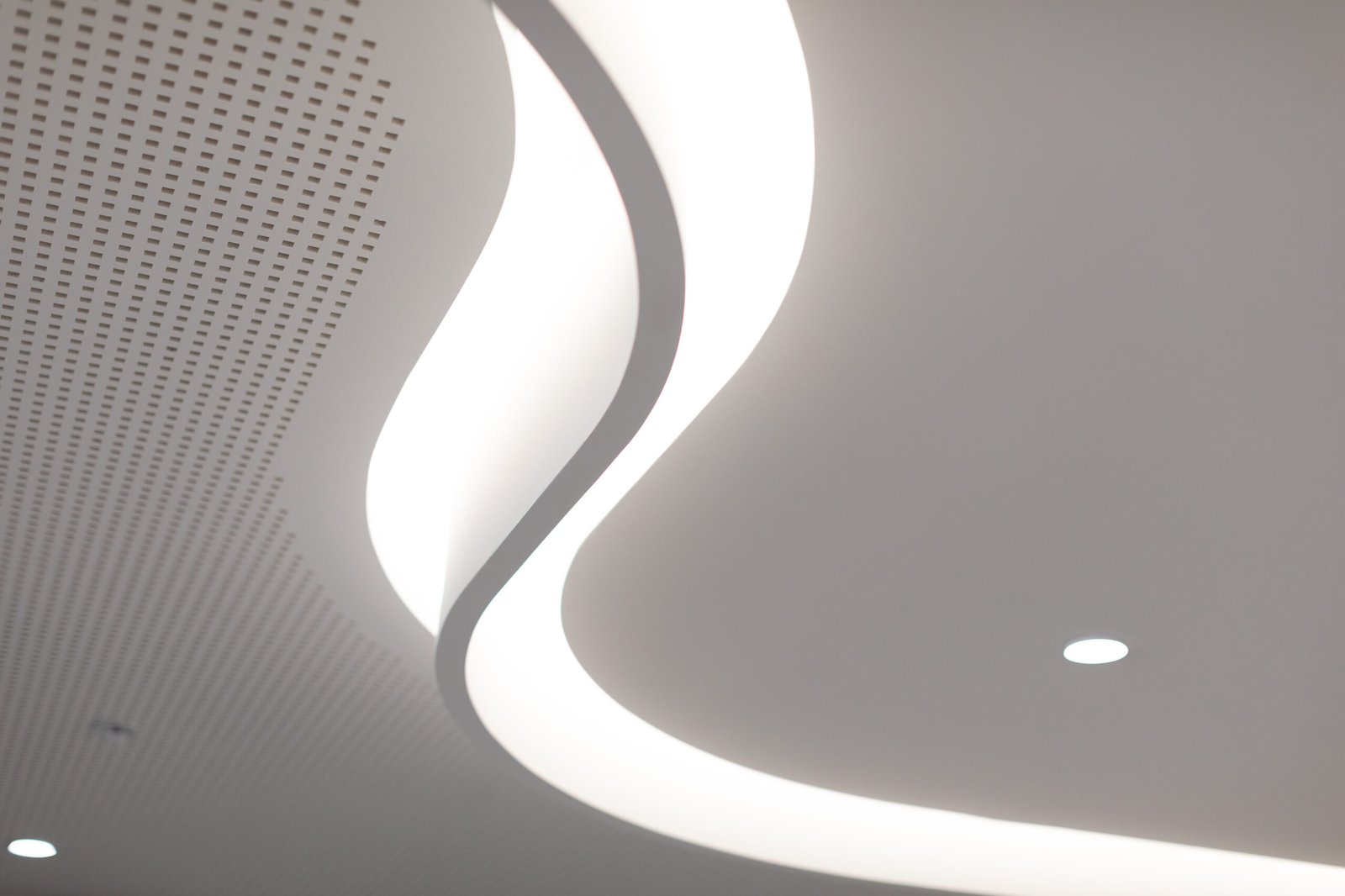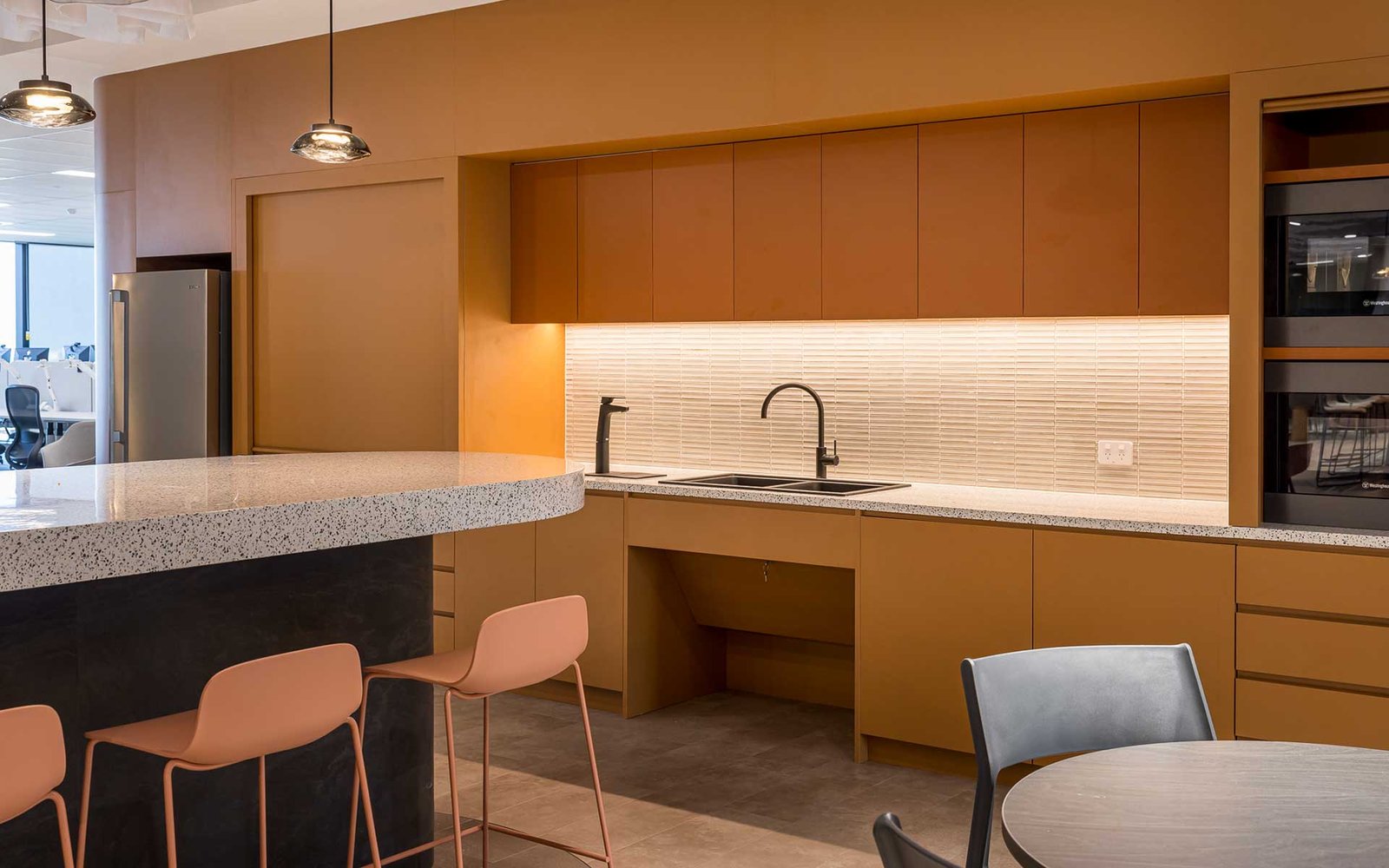In the contemporary workplace, the importance of adaptable spaces cannot be overstated when considering the long-term resilience of workplace design throughout the duration of a lease. An adaptable workspace is a strategic investment that aligns with the dynamic nature of business environments, ensuring that the design remains relevant and functional as the organization evolves.
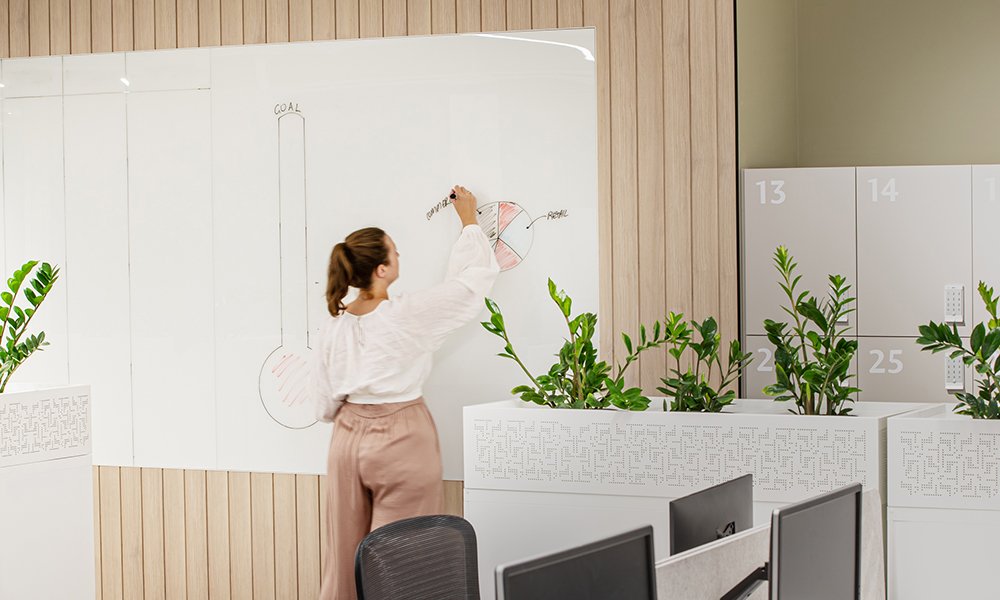
The ability of a workspace to adapt to changing needs and technologies is essential for optimizing productivity and employee satisfaction. At the heart of our design philosophy is the recognition that businesses undergo transformations, and their physical spaces should seamlessly support these changes. The problem property teams face is that at the commencement of a lease there is a large sum of funds to achieve the ideal workplace design and fitout. As experienced by most of our clients, by the time they move in ‘change’ at a team or divisional level has already occurred. Whether that be by organisational change or simply growth or retraction in one or more areas. What happens is there is little to no available funds during the term of the lease to accommodate for these changes appropriately. Sound familiar? Traditional workplace design or ‘lazy design’ as we refer to it is not a high performing workplace design for any client.
The solution is to design for adaptation, the ‘what if’ from the outset, but both from a technical and physical aspect of workplace design. From flexible layouts to modular furniture, our focus is on creating environments that can be easily reconfigured to accommodate shifting priorities and work styles. The smarts is in aligning our strategic planning with design outcomes that enable spaces such as 6 person meeting rooms to be reconfigured into 2 quiet rooms with little to no impact. Design contingencies in the workplace environment that have considered acoustic performance differentials over time and changes to levels of ad-hoc collaboration versus primary workpoint occupation. Our teams pride themselves on appreciating the relationships between your teams and the spaces they want to occupy today and the ones they will need to occupy tomorrow.
The long-term success of a workplace design is measured not only by its initial functionality but by its sustained relevance. Adaptable spaces contribute to the resilience of the design, offering a future-proof solution that saves both time and resources. By anticipating and accommodating change, our approach ensures that our clients’ workplaces remain vibrant, efficient, and conducive to success over the entire duration of their leases.
